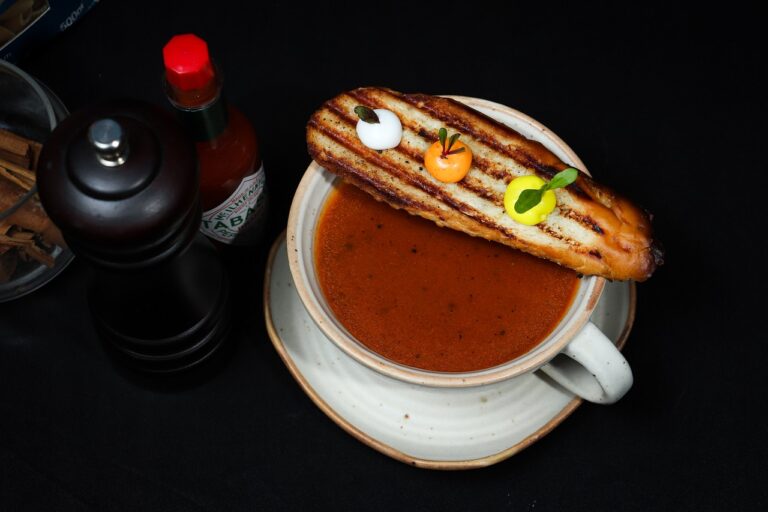How to Build a Healthy Meal Prep Routine
Meal prepping is an effective way to save time and reduce stress during the week. By planning and preparing your meals in advance, you can ensure that you have healthy and balanced options readily available. This can prevent last-minute decisions to opt for unhealthy fast food or ordering takeout, ultimately leading to better nutrition and overall well-being.
In addition to promoting healthier eating habits, meal prepping can also help save money in the long run. By buying ingredients in bulk and preparing meals in advance, you can minimize waste and avoid impulse purchases at the grocery store. This strategic approach not only benefits your wallet but also helps in portion control and avoiding unnecessary food expenses.
Setting Realistic Goals
When it comes to setting goals, it’s crucial to be realistic in your approach. Setting unattainable goals can lead to feelings of failure and frustration. Instead, opt for objectives that are challenging yet within reach.
Consider breaking down larger goals into smaller, manageable tasks. This will not only make your goals more achievable but also provide a sense of accomplishment as you make progress. Remember, setting realistic goals is not about limiting yourself, but rather about setting yourself up for success.
What are the benefits of meal prepping?
Meal prepping can save you time during the week, help you make healthier eating choices, and save you money by reducing the temptation to eat out.
How can I set realistic goals when it comes to meal prepping?
Start by setting small, achievable goals such as prepping meals for 2-3 days at a time. Gradually increase the amount of meals you prep as you become more comfortable with the process.
What are some tips for setting realistic goals in general?
When setting goals, make sure they are specific, measurable, attainable, relevant, and time-bound. Break larger goals into smaller, manageable steps to help keep you motivated and on track.





